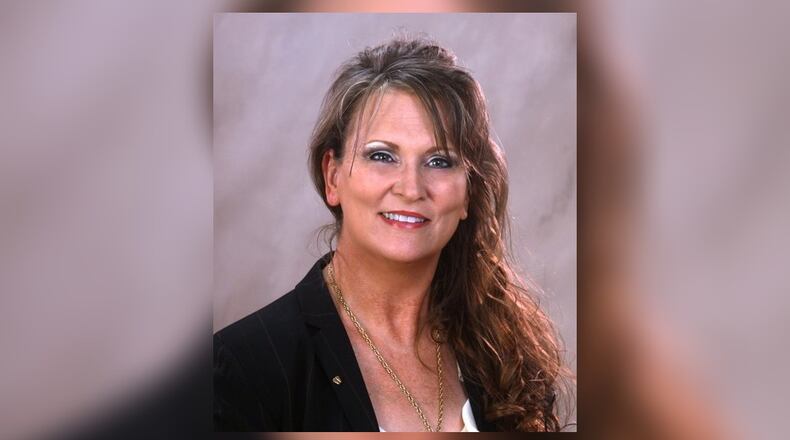The bill says no state or local government or school may have a law, policy or resolution that restricts a public employee from complying with any immigration-related federal request for information, access, or assistance, regardless of whether the federal agency has a warrant.
It says cities, counties or townships failing to comply with the proposed law would be ineligible to receive homeland security funding or local government fund distributions.
Keller said “crimes, deaths, and other tragedies” have occurred in recent years due to the policies of sanctuary cities that “tie the hands of the police from complying with federal immigration laws and officials.”
She called legal immigration “a beautiful thing,” but turned her focus toward criminals, saying, “we cannot continue to allow criminal illegal aliens to roam our streets and put our communities in danger.”
The bill provides a path for victims of crimes committed by those in the country illegally to file suit seeking the removal of any government or school official in that jurisdiction who voted in favor of a “sanctuary” style policy.
School board member Mohamed Al-Hamdani, an attorney who came to Dayton from Iraq as a child, said last week that he wants to protect students who “are not feeling very safe right now, and their families don’t feel safe.”
Fellow school board member John McManus abstained from the vote, saying a Supreme Court precedent already says states cannot constitutionally deny students a free public education on account of their immigration status.
“It is unfortunate for our state representatives to play partisan politics with our children’s lives,” Dayton school board President William Harris said Tuesday. “The DPS Board passed a resolution to make our schools safe and welcoming for all students as required by federal constitutional law and state compulsory attendance laws. We welcome an opportunity to discuss this with them further.”
The bill also addresses sanctuary cities, but different groups have varying definitions of that term. Some people have called Dayton a sanctuary city, because police do not question crime victims about their immigration status. The city does share the immigration status of crime suspects with federal immigration authorities.
Dayton Mayor Nan Whaley also suggested the bill was mainly a political move.
“My understanding is this was an attempt by Rep. Antani, who is running for Senate, to try to get points inside his base for some things that aren’t completely factual … on the backs of Dayton students,” she said.
About the Author

